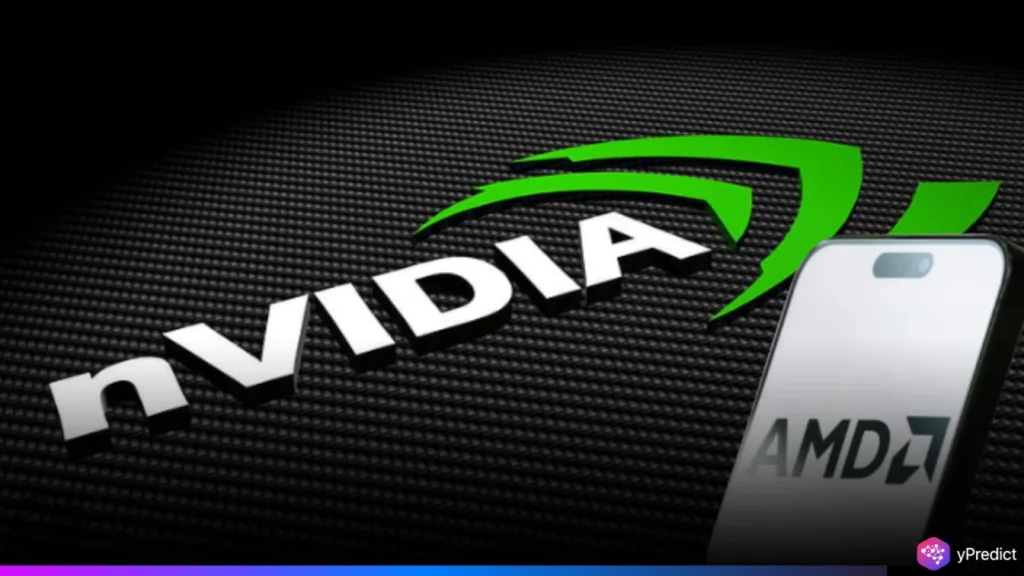
In a strategic move to challenge Nvidia’s AI dominance, AMD announced its acquisition of AI software startup Brium on June 4, 2025. Brium specializes in inference optimization tools that enable AI models to run efficiently across diverse hardware platforms. The deal strengthens AMD’s AI software stack, particularly for its Instinct MI300 series, and supports its broader vision of building an open, flexible AI ecosystem. This marks a pivotal step in AMD’s effort to reshape the AI accelerator market.
AMD’s Intensified Push into the AI Market
Advanced Micro Devices (AMD) has acquired Brium, a stealth startup focused on optimizing AI software across various hardware platforms. This strategic move supports AMD’s broader effort to close the gap with Nvidia’s dominance in AI hardware and software integration. AMD announced the acquisition on Wednesday, reinforcing its commitment to strengthening its AI ecosystem and competing more aggressively in the market.
Brium, recently out of stealth mode, develops AI inference tools that work efficiently across a wide range of hardware platforms. This flexibility enables AI models to run smoothly on systems beyond those specifically designed for Nvidia’s architecture and tools. By adopting Brium’s technology, AMD aims to attract developers and expand hardware compatibility beyond Nvidia’s dominant ecosystem. The move helps AMD make its AI hardware more accessible, versatile, and competitive in the evolving machine learning landscape.
AMD did not disclose financial details of the acquisition but emphasized Brium’s role in boosting its AI solution performance and flexibility. Brium brings strong expertise in compiler development, machine learning frameworks, and performance tuning for diverse hardware environments. AMD plans to rapidly integrate these capabilities into its AI software stack, especially to enhance its Instinct GPU product line.
The AMD Brium Acquisition, marks AMD’s fourth AI software acquisition in two years, following Nod.ai, Silo AI, and Mipsology, each bolstering its efforts to build an open, developer-focused AI ecosystem. AMD has also strengthened its hardware capabilities with recent acquisitions of Enosemi and ZT Systems.
Targeting Industry Bottlenecks with Cross-Platform Optimization
Brium stands out by optimizing AI inference workloads before they reach hardware, improving performance regardless of specific chip configurations. This pre-deployment optimization reduces hardware dependency, enabling faster and more efficient execution across diverse computing environments. As a result, Brium allows AI models—often built for Nvidia’s CUDA-based systems to run effectively on other platforms, including AMD hardware.
This functionality addresses a critical industry challenge, which includes the overwhelming software alignment with Nvidia hardware, which has historically hindered the adoption of AMD’s high-performance GPUs despite their competitive capabilities.
Anush Elangovan, AMD’s VP of Software Development, said Brium will support initiatives like OpenAI Triton, WAVE DSL, and SHARK/IREE. These projects aim to enable faster, more flexible AI model execution across a variety of software and hardware environments. He also highlighted Brium’s work on new precision formats like MX FP4 and FP6 for efficient, cost-effective AI training and inference.
Strategic Positioning Against Nvidia’s Dominance
Nvidia still leads the market, reportedly earning more AI revenue than AMD and Intel combined, maintaining a strong industry advantage. AMD is executing a multi-layered strategy to narrow the gap and compete more effectively in the rapidly growing AI sector. It invests in software to improve compatibility and promotes open-source development to reduce Nvidia’s dominance among AI developers worldwide.
Therefore, AMD Brium Acquisition demonstrates AMD’s clear desire to provide not only high-performance hardware but also a powerful, extensible software platform that empowers developers and enables new use cases across a wide range of sectors.
A Forward-Looking Vision for Scalable AI
Brium’s integration underscores AMD’s long-term strategy to deliver scalable, cross-platform AI solutions focused on openness, performance, and developer empowerment. As AI workloads grow increasingly complex, this move strengthens AMD’s competitive position in a market historically dominated by Nvidia. Beyond expanding its portfolio, AMD uses this acquisition to redefine AI software-hardware synergy for next-generation computing environments. With Brium, AMD advances its vision of an open AI future built on flexibility, efficiency, and developer-first innovation principles.





